Over-Optimism (a.k.a “It Can’t Happen to Me”)
Recently I’ve sensed great concern from some bankers regarding the effects on the cattle market because of this TB outbreak in Alberta. The effects are still not definitive but could prove devastating.
The fallout from this recent harvest in western Canada is still being measured. Creditors are in full disaster preparation mode so as not to be bombarded by voluminous delinquent payments over the next 5-6 months.
A valuable part of the work I do is to help clients make capital expenditure and credit decisions. After a number of difficult crop years from excess moisture, many farms have great concern over their financial stability and fully recognize that they have very little room for error. Pains are being taken to consider how every decision could affect the farm’s future profitability.
Many long term business decisions have been made on the premise of $12 canola and $8 wheat, or $2/lb weaned calves (as a kid, I sold my first calf for $0.80/lb.) Servicing debt on land and/or equipment payments during the high points of the cycle is easy, but as we’ve seen, the debt often outlives the business cycle.
Some farmers, especially those who are relatively new to farming, have never experienced tough financial times. They have no first hand experience of BSE or the 2004 frost; they know little outside of high yields, good quality and strong grain & cattle markets. Sadly, there are many who have first hand experience of those dramatic market influences yet have permitted themselves to have short memories.
I remember giving a presentation in 2013, in a community I won’t name so that I don’t shame them, where the audience was verbally angry with me for stating that we were a “global average crop, not a bumper crop but an average crop globally from $9 canola and $4 wheat.” They thought I was crazy because, in their opinion, canola had a new floor price and it was $12.
Regularly I am forwarded an article from some US agency (it varies week to week depending on who is forwarding it to me) that provides insight into the rapidly decreasing appetite for risk into grain farming from US lenders, or the sizable decline in land rent rates, and the reduction in land values. I often tweet these articles with the question, “Does anyone think this can’t happen here?”
I am encouraged by a shifting focus among farmers that centers more on ROI (Return On Investment) and less on size & scale. It bodes well with a saying (it’s not mine) that I like to lean on: Better is better before bigger is better.
Direct Questions
How do you view risk and its potential to affect business results when making business decisions?
Have you considered how a major market shock could affect your profitability, and if so, what have you done?
If your profitability will be sub-par in 2016, what adjustments are you planning to make for 2017 and onward?
From the Home Quarter
While no one can deny that “things are different now,” there is still much we can learn from history. Maybe the most important lesson from history is that major business-impacting events are very unpredictable. As such, maybe we should be more prepared for the predictable events so that the unpredictable ones aren’t such a major shock…

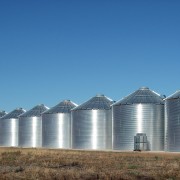
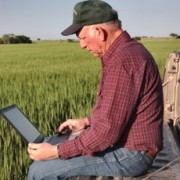
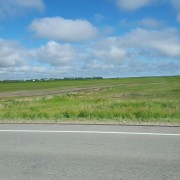
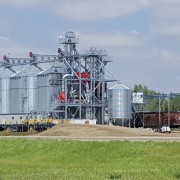

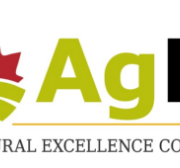


Trackbacks & Pingbacks
[…] it seem as though there was too much confidence from policymakers, thinking like it can’t happen to me? Some might say that the policymakers didn’t want to to what it took to prevent fire and now […]
Leave a Reply
Want to join the discussion?Feel free to contribute!